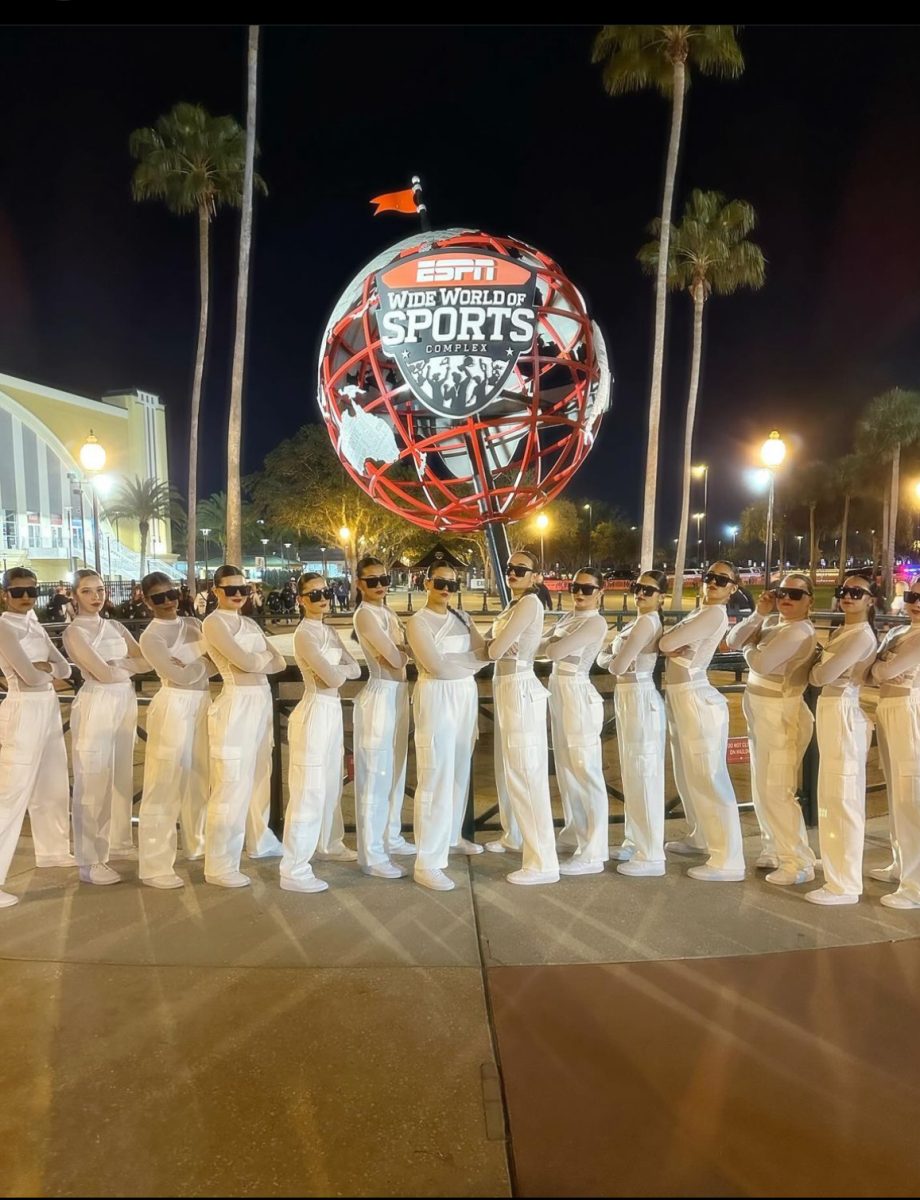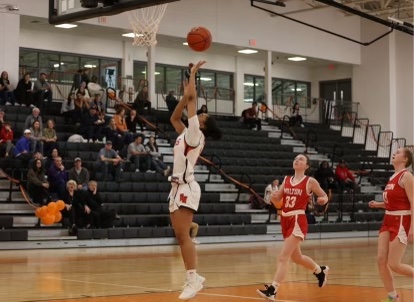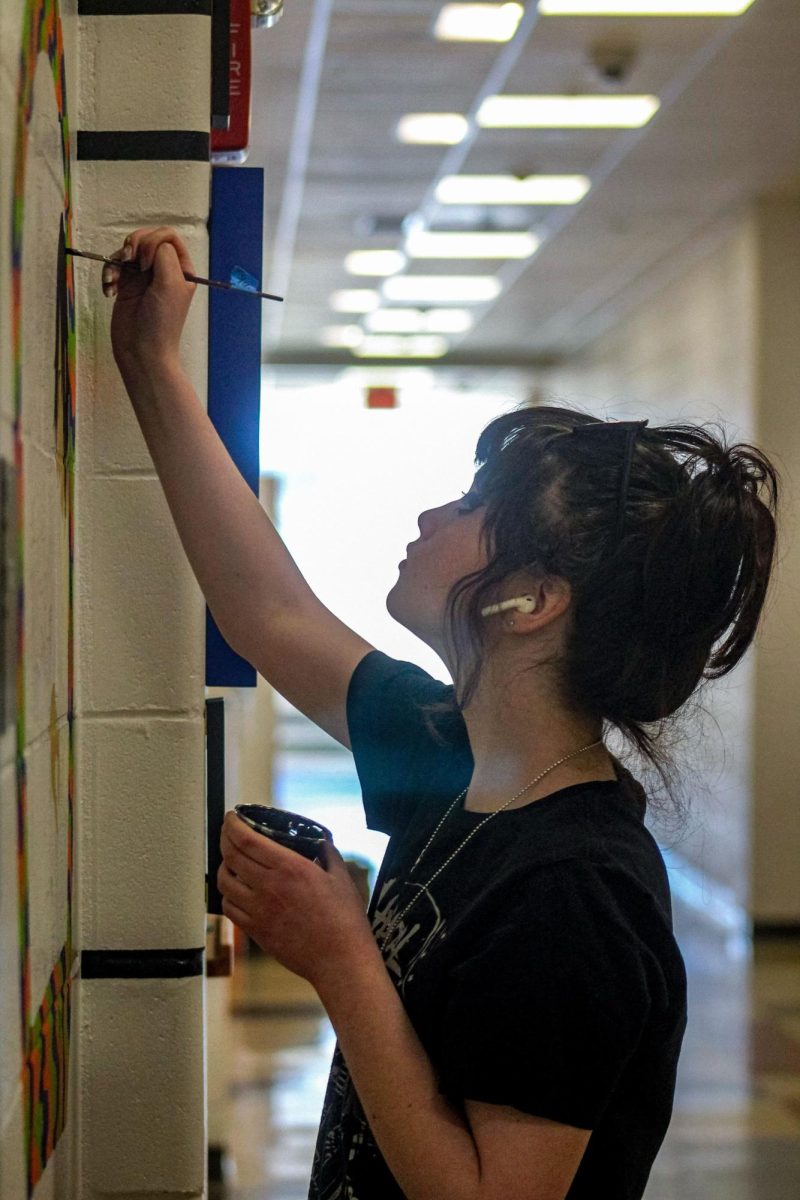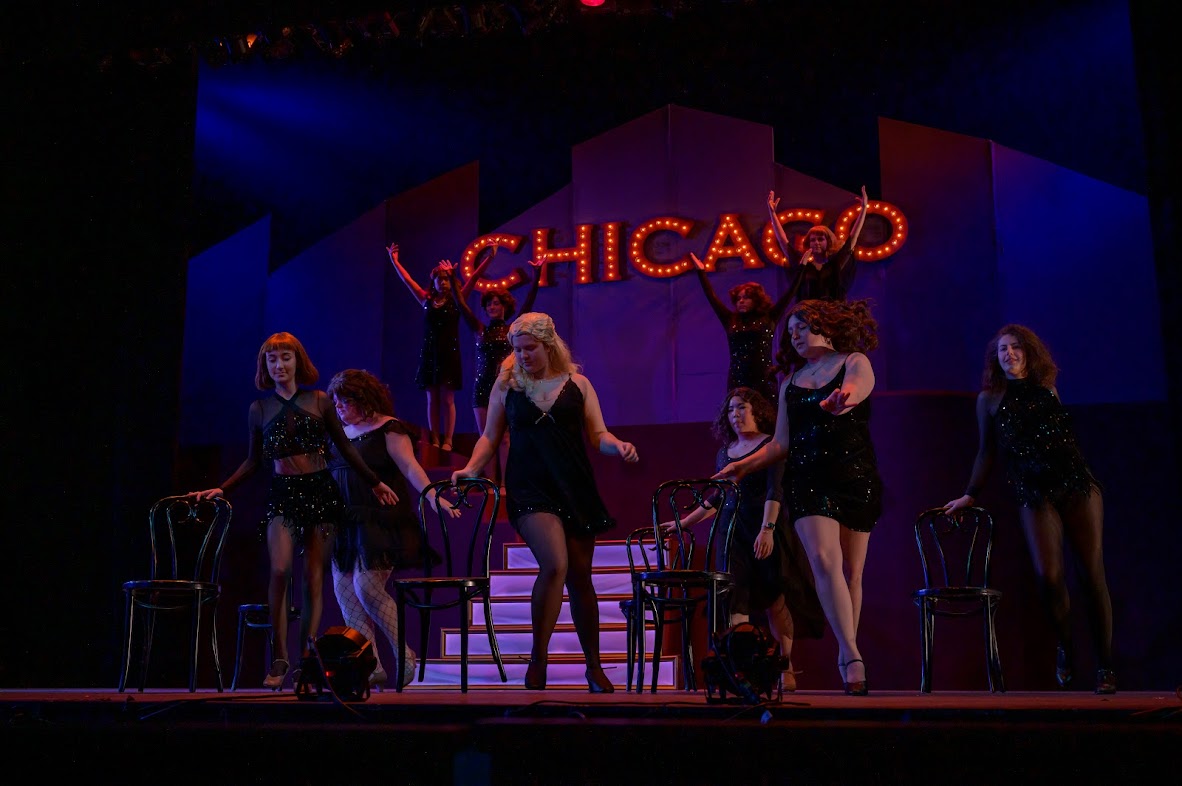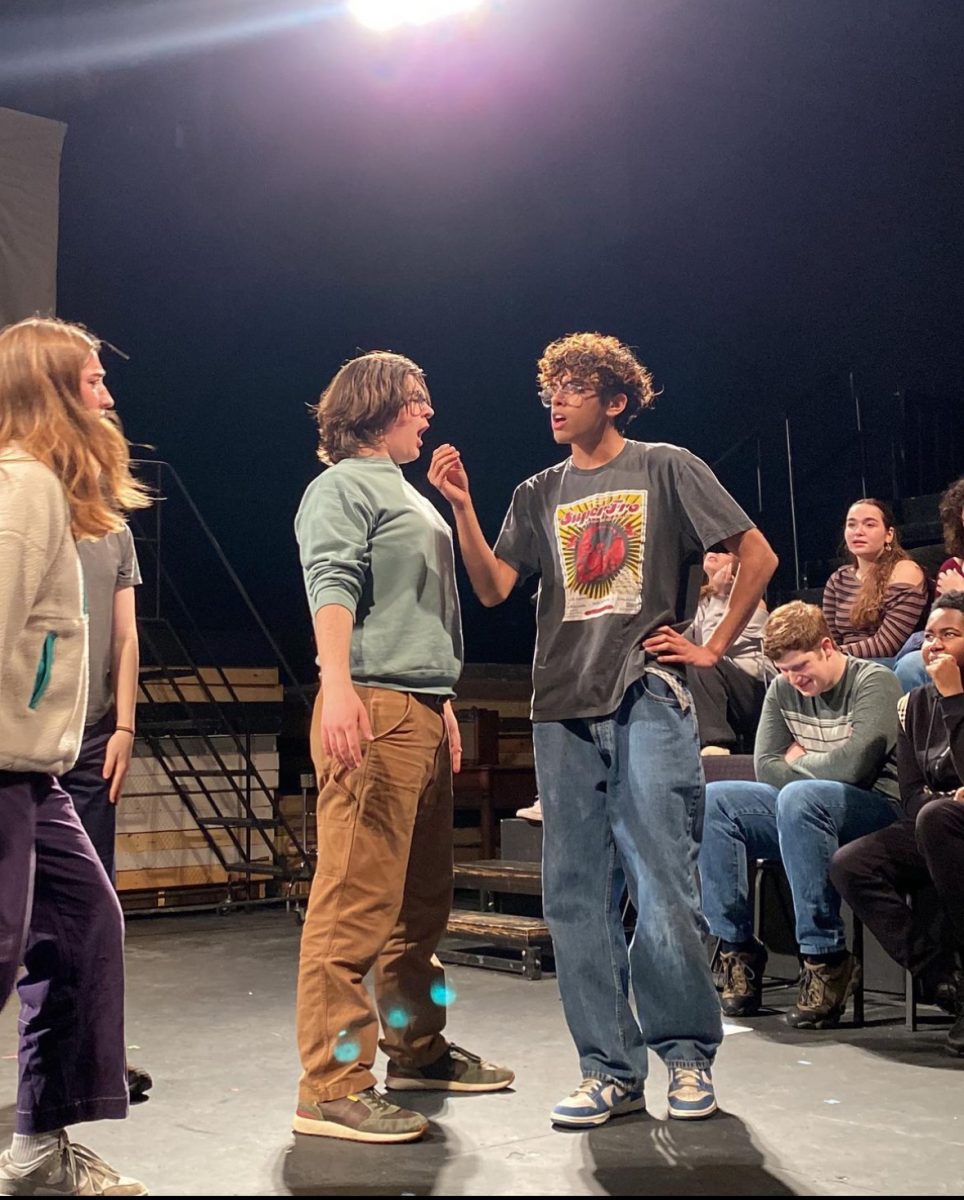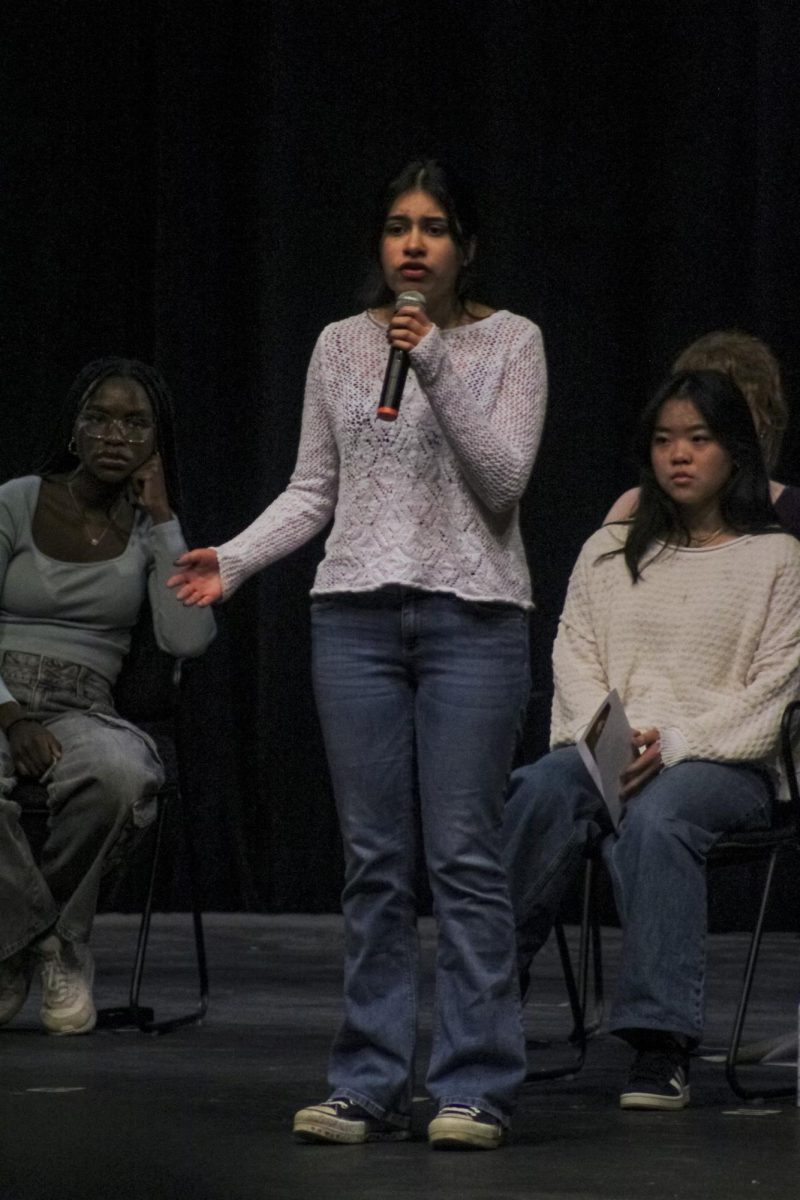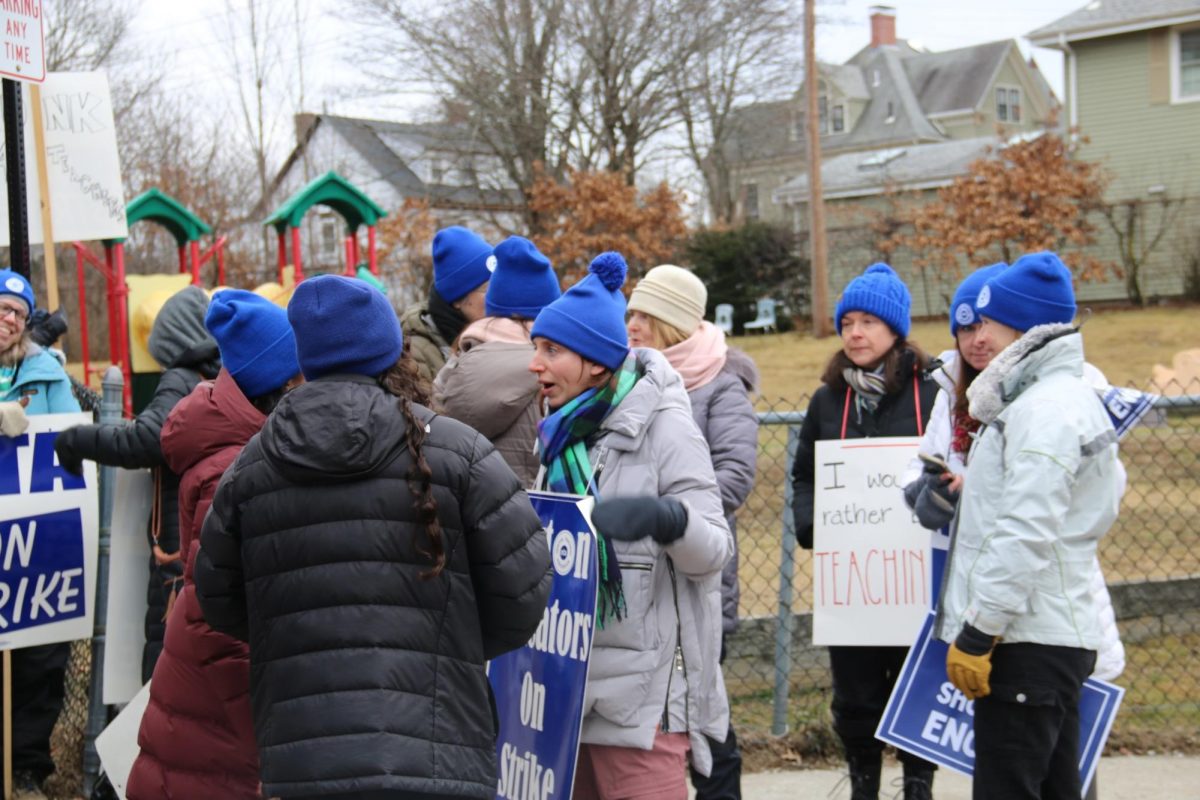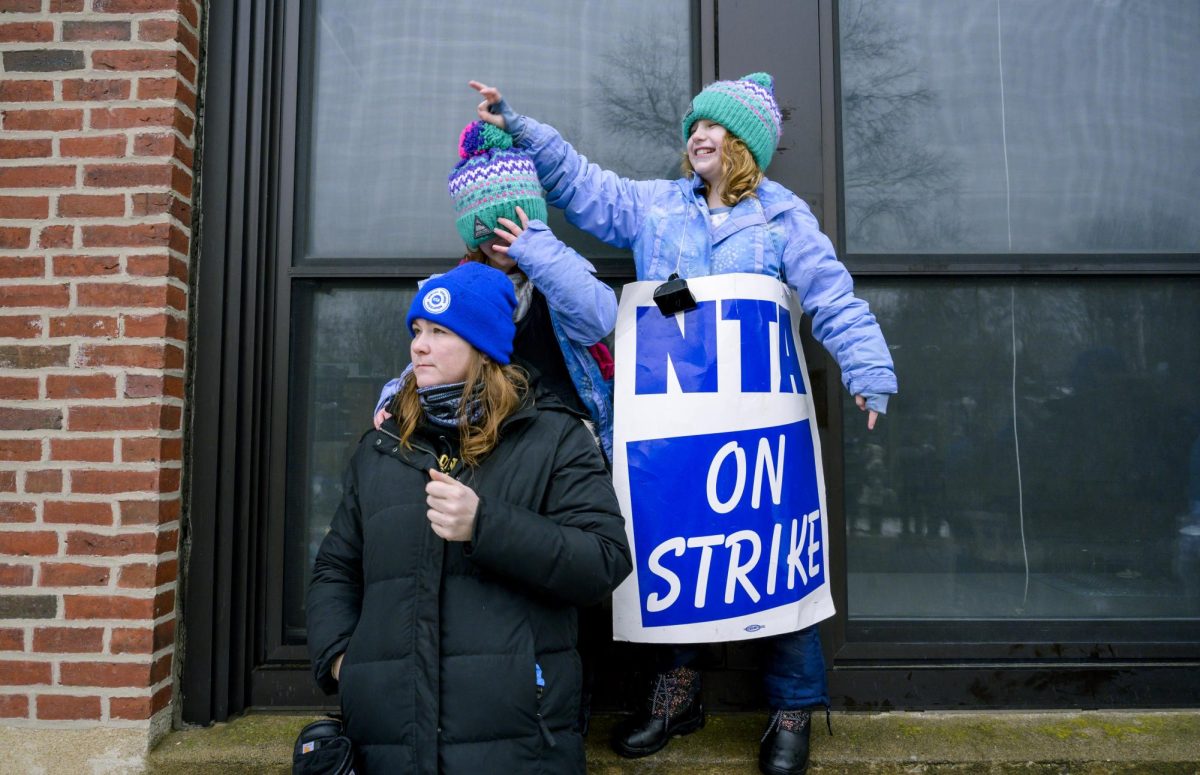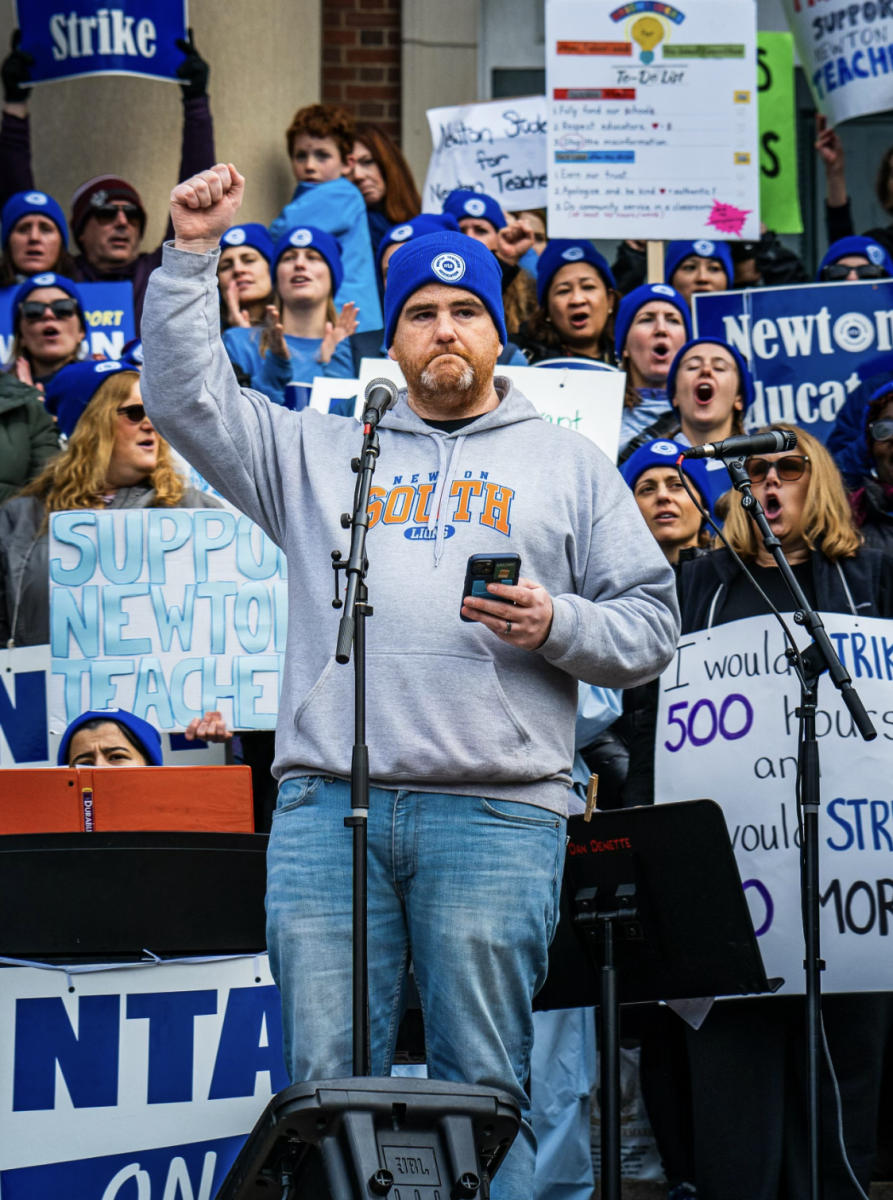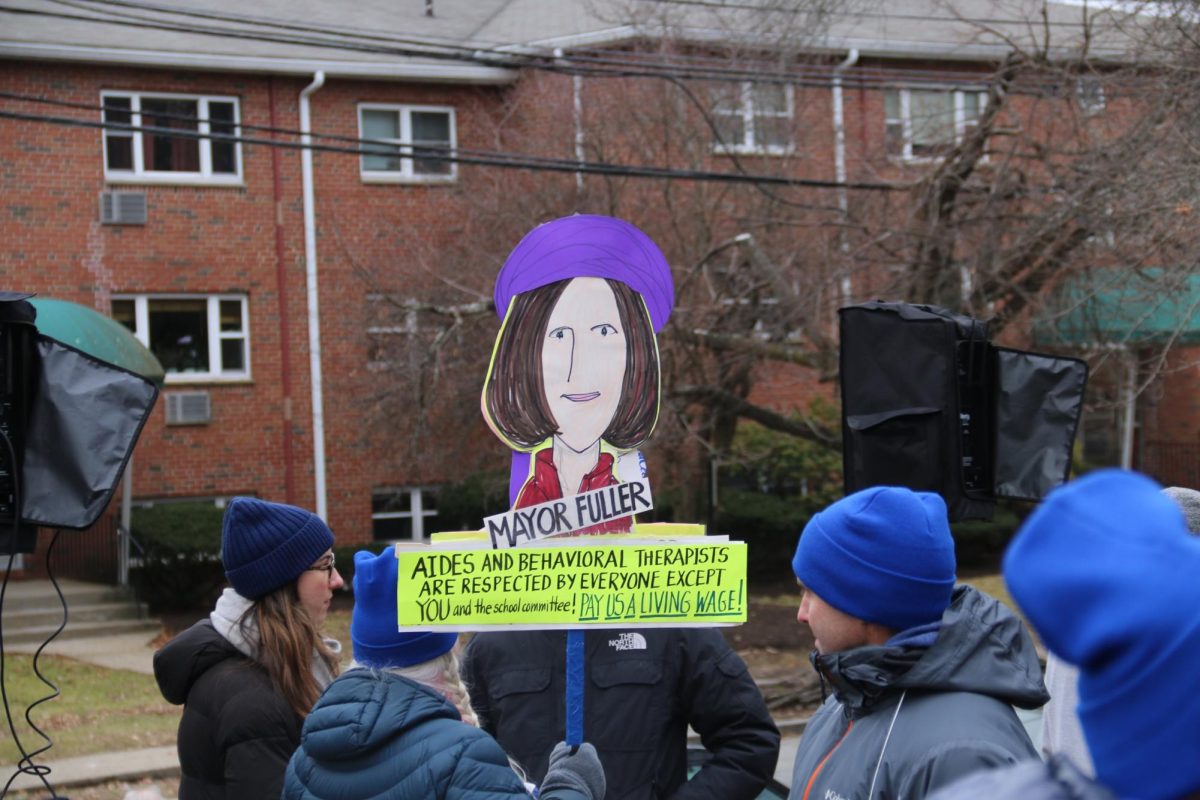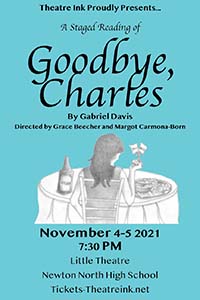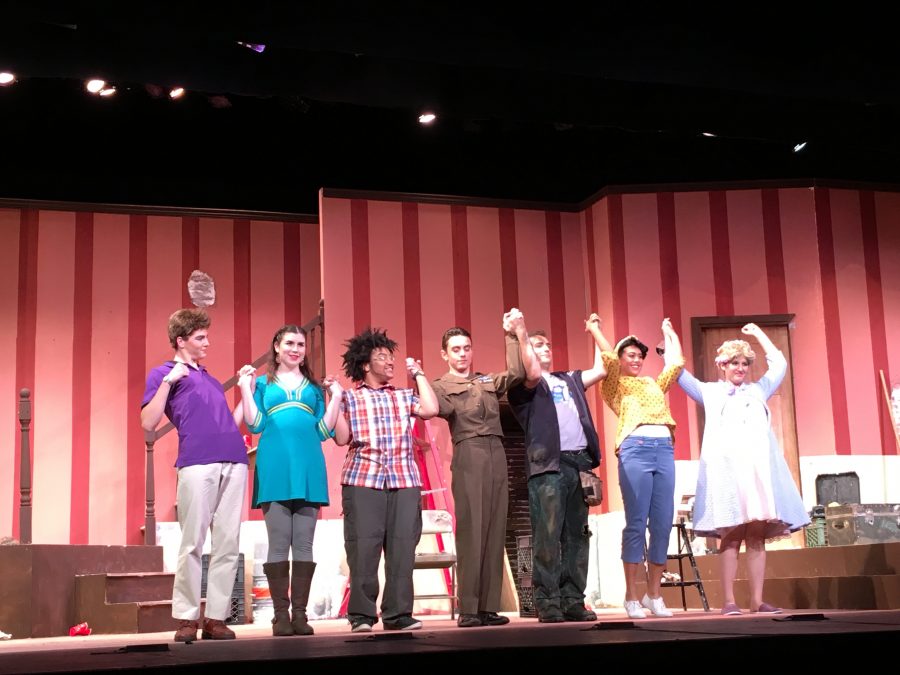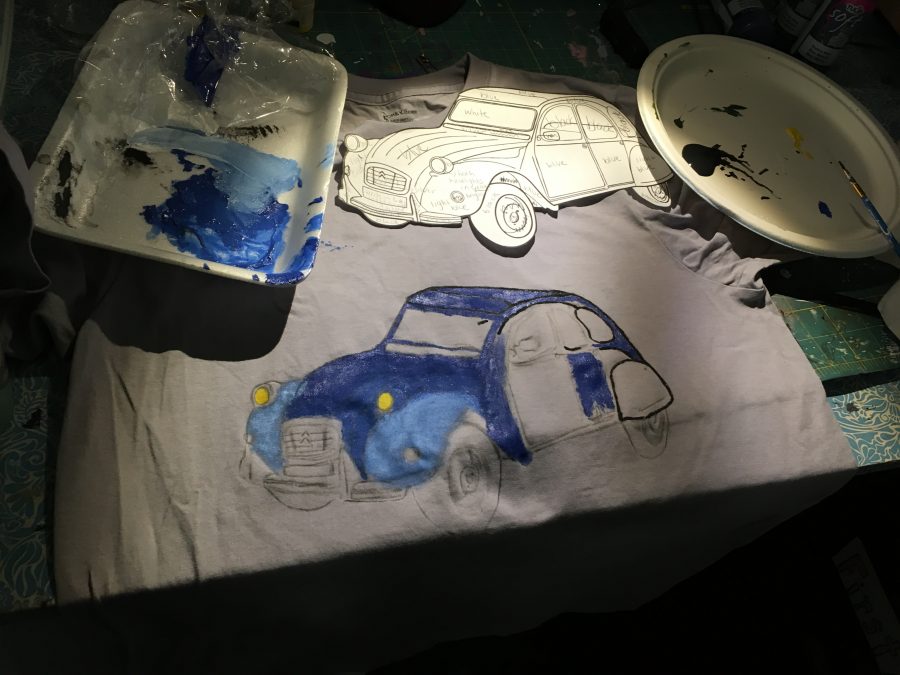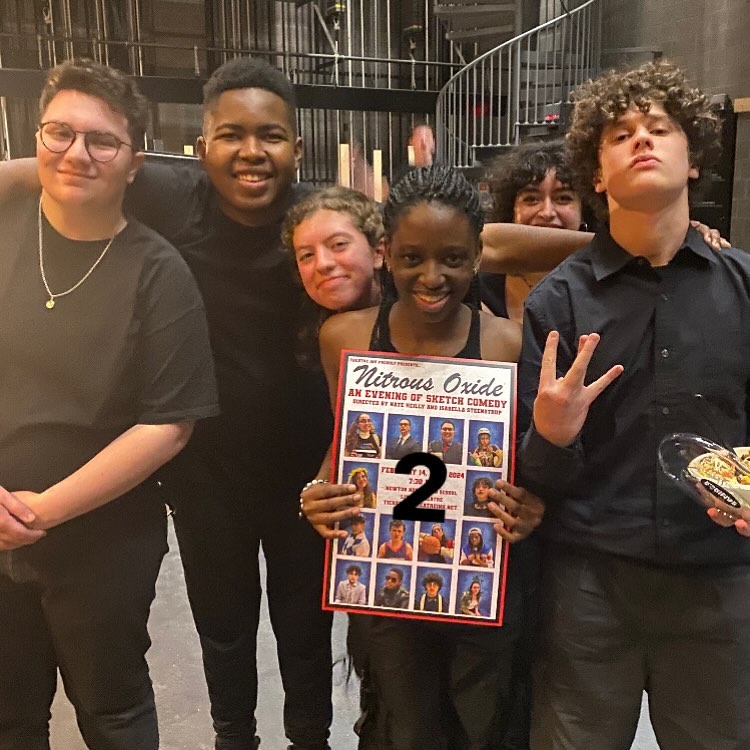“Our job is to create group discomfort, not individual alienation,” said Spanish teacher Dan Fabrizio, the director of Clybourne Park, during a talkback with the Leadership class in the auditorium on Oct. 24. Fabrizio and Theatre Ink director Adam Brown decided to put on Clybourne Park this fall to “break the pattern of not being able to converse” about racial instances that North has experienced in the past year, according to Fabrizio.
Clybourne Park, which will run Nov. 2 through 4 at 7:30 in the auditorium, follows two acts, one set in 1959 and the other in 2009, that show persisting racial tensions in the Chicago area, over 50 years.
The show takes place in the Chicago neighborhood, Clybourne Park. Although, it is not a real place, junior Imani Bibuld, who researched for the show, said it is reflective of real neighborhoods in Chicago at that time. Behind the scenes, history teacher Jamie Bal also helped Bibuld research housing patterns, the aftermath of the Korean War, and the popular culture of the period.
“Chicago has a lot of racially charged history. It seems that living in Newton, those events seem far away,” said Bibuld.
In Act I, members of a white neighborhood attempt to resist a black family from moving in. 50 years later, in Act II, a black family resists a white family from gentrifying a house in the same neighborhood which is now predominantly black.
In both acts, the conversation wanders through heavy topics without a thorough discussion on any one of them, which leaves the audience with the lingering impulse to finish the conversation. Most audience members will be able to see themselves on the stage because the play reflects a wide range of perspectives, even extreme ones.
While the premise of the play is racial tension, the characters intentionally avoid discussing race in any way until it is inevitable. Ultimately, a fight erupts, and they cannot handle the conversation. The audience is riveted by the escalating intensity of the conversation.
There are racially offensive and sexist jokes throughout the play. Actually, many of these moments can be just as funny as they are offensive to the audience.
Sophomore Leyla Davis, who plays Francine in Act I and Lena in Act II, has never been in a Theatre Ink production before, although she acts outside of school. She said, “I learned I can play a timid black woman but also a crazy black woman.”
The cast embraced their characters and managed to perform cohesively even when they were yelling and cussing at each other. Senior Abby Strayer, who plays Betsy in Act I and Lindsey in Act II, explains that the cast was “so small right off the bat we all got to be close friends.”
Senior Ashley Rozier, who saw the play with her Leadership class said, “When I first saw the preview I was like, ‘Wow!, I really want to see this.” Although she has never seen a Theatre Ink play before, she is planning on seeing Clybourne Park because she likes, “how they portray racial issues that we don’t talk about everyday.”
With this play, Theatre Ink asserts its maturity as a program. Theatre Ink made use of their center stage to start a conversation about contentious topics. The awkward laughter, sudden hushed silence, and confusion woven throughout invites the audience to talk about important issues, past and present, in an effort to move society more than it has in the 50 year time frame between the two acts.
Check out these short dramaturgy presentations to get a better understanding of the context of the show.










